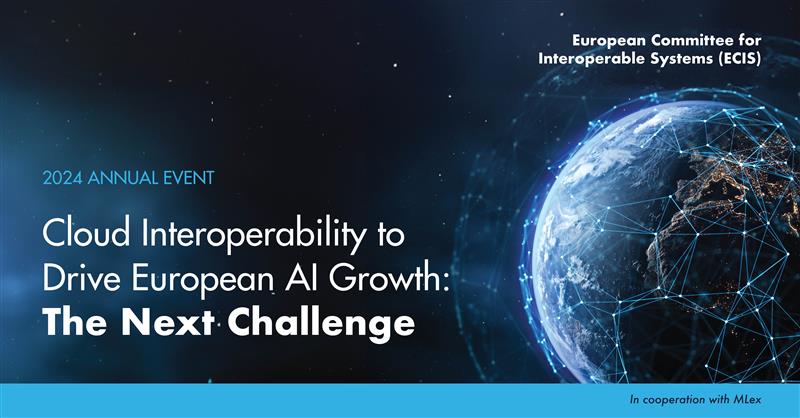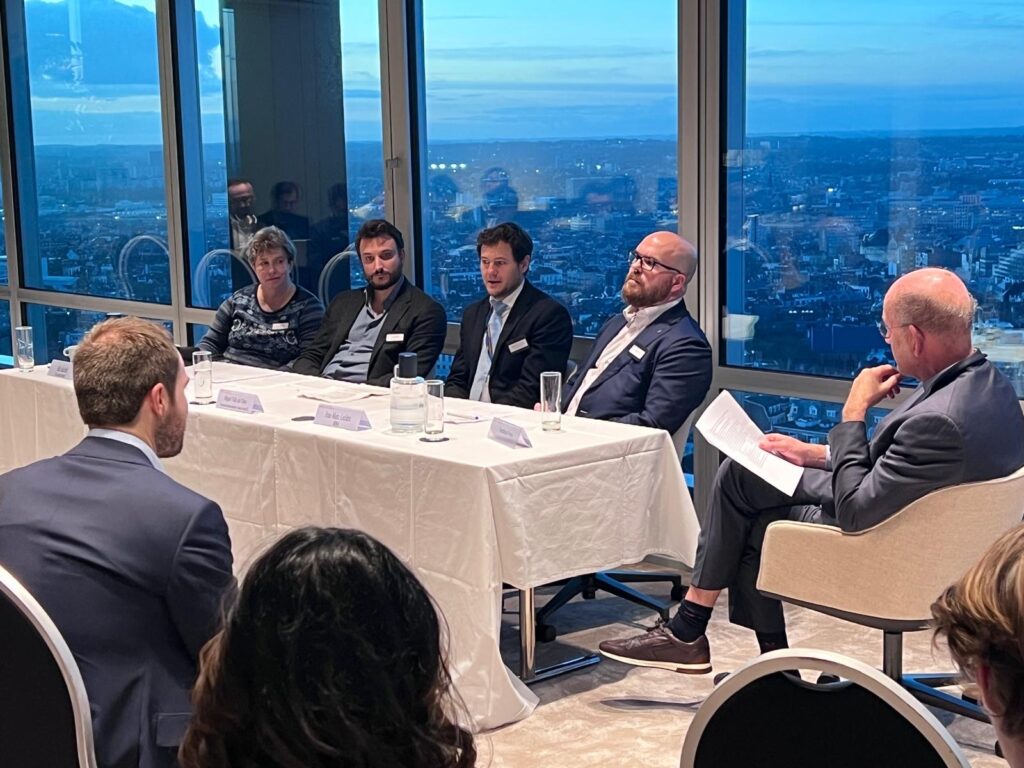ECIS 2024 Annual Event Recap

The event’s opening gave a flavour of the discussion to come, with the need for thriving and innovative AI markets highlighted, in contrast to the threats posed by cloud lock-in, discriminatory access to data, and tying and bundling practices. However, participants made clear that problems linked to so called walled gardens are not new and AI is simply a continuation or the latest frontier in this debate.
The conversation around AI models looked at the nature of the future ecosystem, with arguments supporting a market containing a wide variety of models adapted to different uses which can be combined with each other in a modular fashion.
Speakers called for local realities to be respected in global conversations around AI and agreement on basic principles, rather than trying to settle on a single definitive set of rules. Furthermore, AI’s embryonic state means that there remains scope for some countries to adopt a wait and see approach, but this does not prevent an exchange of best practices.
On the AI Act, those in attendance agreed that time should be given to its implementation before we look at how to fine-tune it. However standardisation which is needed to define and measure interoperability and portability is lacking and rules in the pipeline relating to the Data Act and EUCS are gathering dust on Commission shelves.

Developing on this theme, there was consensus that there is still a long way to go before businesses start maximising the data they have to train models, and EU AI and cloud uptake remains far below that of other jurisdictions.
Cloud led into a conversation regarding the next Commission’s activities in this area, with some suggesting that the new College should complete work left over from the last mandate before moving onto anything new. Others said that cloud uptake is low because there is a lack of trust in the cloud sector, particularly among public bodies.
Those in attendance disagreed with the notion that the EU has a lack of start-ups, instead stating that the primary issue for such companies is taking the next step in Europe. There was support in the room for private-public partnerships, in tandem with a stable regulatory framework to provide certainty for investors.
ECIS was encouraged to maintain its efforts to push for better interoperability, open international standards and the use of open source.
Our thanks to the speakers for their thoughtful interventions, along with the audience for adding their insights to the conversation, making this edition ECIS Annual Event a truly enjoyable afternoon.